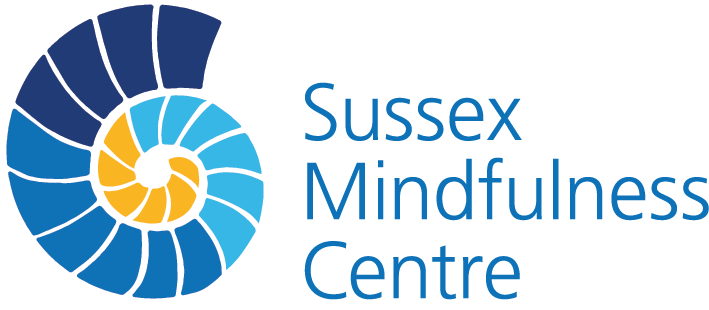Low-intensity guided help through mindfulness for depression
Mindfulness-based interventions (MBIs) have become increasingly popular in recent years. MBIs are usually offered in a group format over eight sessions and there is good evidence that MBIs are helpful at reducing stress and improving wellbeing.
However, they are usually offered in a group therapy format which is not available to everyone, it is not always possible for people to attend a group therapy (e.g. due to work or childcare commitments) and many people are reluctant to attend groups. However, there is growing evidence that self-help MBIs are helpful, most often this takes the form of MBI books or online courses.
The National Institute of Health and Care Excellence (NICE) recommend clinician-supported self-help based on cognitive behaviour therapy (CBT) for people experiencing mild or moderate depression. Given the evidence for self-help MBIs it is possible that self-help MBI could also be a helpful intervention for this group of people. We conducted a radomised controlled trial in the primary care mental health service in East Sussex (Health in Mind) which compared clinician-supported self-help MBCT to clinician-supported CBT for people experiencing sub-clinical, mild or moderate symptoms of depression. Findings from this pilot study were promising we have now received funding to conduct a large randomised controlled trial.

